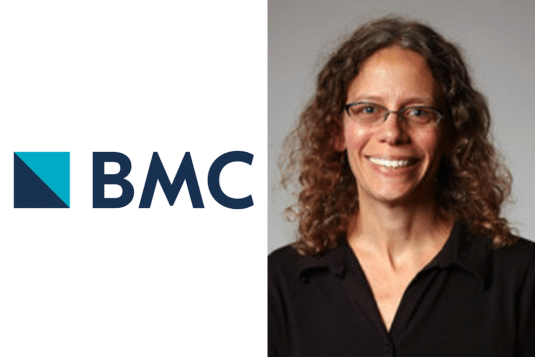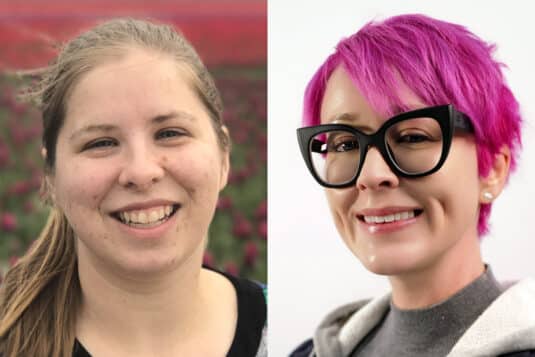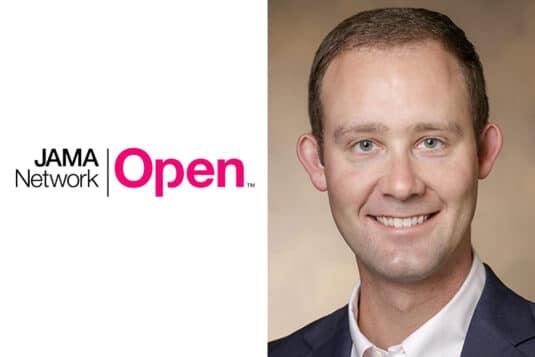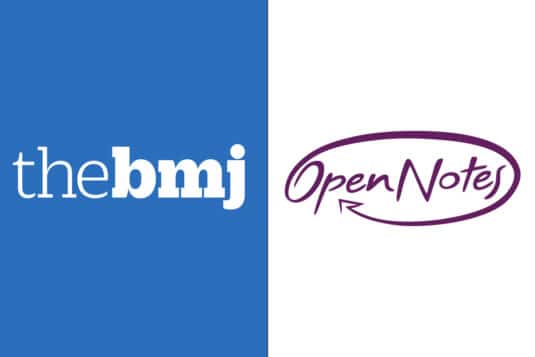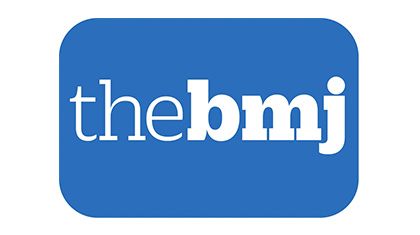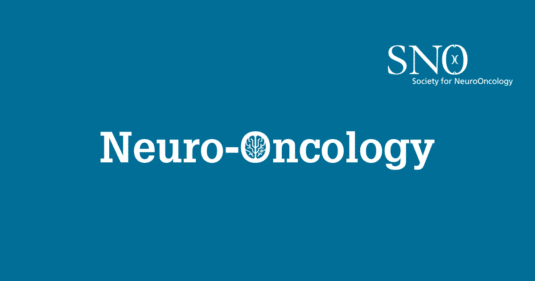This single-center, cross-sectional observational study highlights low patient portal utilization among hospitalized patients and disparities in access based on race/ethnicity, gender, age, and insurance status.
Salmi, Liz
Users’ perspectives on a demonstration to increase shared access to older adults’ patient portals
As shared access uptake remains low, the Coalition for Care Partners, and three healthcare delivery organizations, co-designed an initiative promoting shared access to the patient portals of older adults.
A Proof-of-Concept Study for Patient Use of Open Notes with Large Language Models
Can AI chatbots help patients make sense of their medical notes? This first-of-its-kind study published in JAMIA Open finds that with the right prompt, large language models may become powerful partners in understanding complex health information.
Repeated Access to Patient Portal While Awaiting Test Results and Patient-Initiated Messaging
A new study found that patients often refresh the portal while awaiting test results—especially for routine tests. This behavior is linked to increased messaging, suggesting that individual worry may drive communication more than the test itself.
Robert F Kennedy Jr’s proposal to remove public commentary from US health policy is a threat to science and public health
In a recent BMJ opinion, OpenNotes leaders warn that a proposal by U.S. health secretary Robert F. Kennedy Jr. to eliminate public comment in federal health policymaking threatens transparency, public trust, and democratic values.
Advancing cancer care through digital access in the USA: a state-of-the-art review of patient portals in oncology
Patient portal use among patients with cancer has increased significantly in recent years. This state-of-the-art review seeks to address and analyse literature involving patient portal use by patients with cancer and their care partners.
Guidelines for Patient-Centered Documentation in the Era of Open Notes: A Qualitative Study
This study by Vanka, et al, presents 10 guidelines for patient-centered medical documentation, emphasizing respect, clarity, and inclusivity in clinical notes. These principles aim to empower patients, improve trust, and enhance medical education on open notes practices.
Overcoming systemic barriers to make patient-partnered research a reality
This commentary explores the barriers posed by processes of consent, data exchange, and EHR interoperability that hinder how researchers honor patients’ desires to contribute to the advancement of cancer research. To grow a thriving research ecosystem, we should minimize participants’ burden and develop systems that demonstrate our commitment and respect for their wishes to contribute to cancer research.
Patients need access to their medical records—now
Despite initial professional resistance and policy delays, countries like Denmark, Estonia, Sweden, and the US have demonstrated that the benefits of full record access outweigh the risks. Patients globally are calling for interactive, user-friendly portals to access and correct their medical records, emphasizing that this is crucial for self-care, particularly in the post-pandemic era where healthcare access has declined.
Identifying research priorities and essential elements of palliative care services for people facing malignant brain tumors: A participatory co-design approach
Malignant brain tumors (brain cancer) significantly affects the quality of life (QoL) of patients and their care partners, particularly in areas like cognition and communication. This study aimed to find out the top research priorities for palliative care in brain cancer using a collaborative, community-driven approach.

